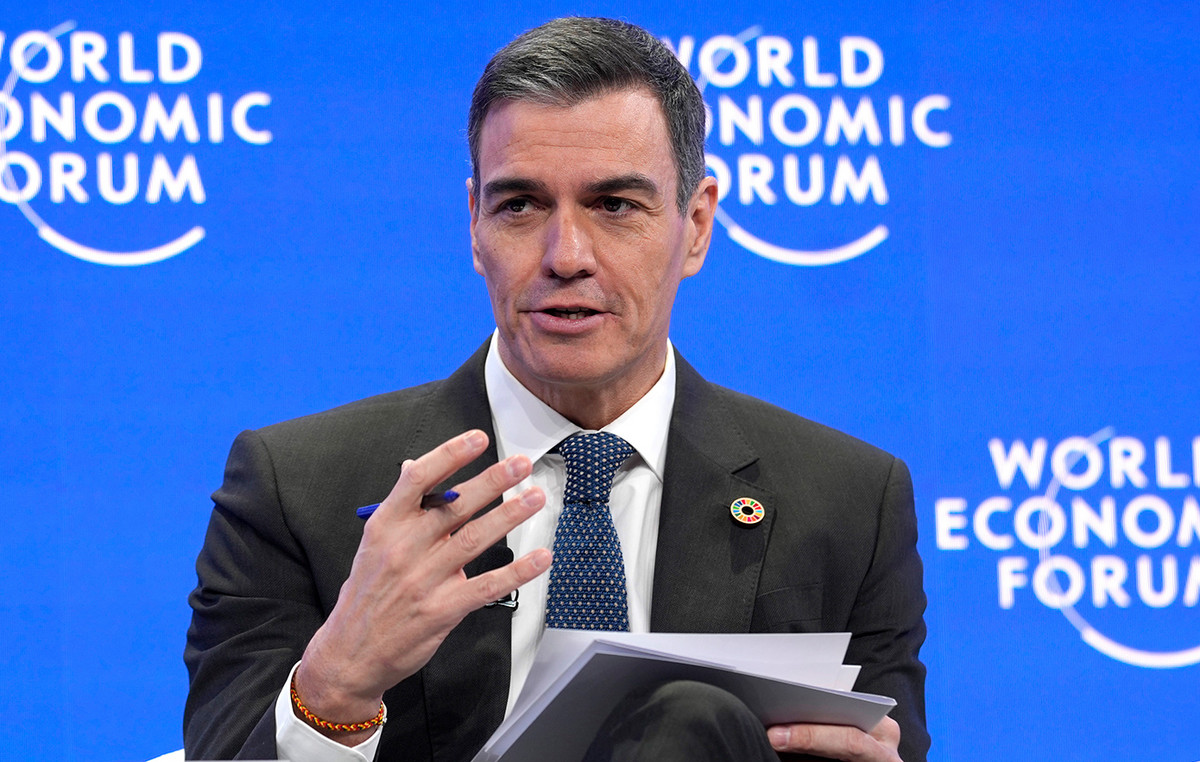Capital Economics estimates the growth of the Greek GDP at 5.5% in 2022, despite the problems that the Greek economy is facing, in the midst of the unfavorable international environment, noting in its report that our country has fully recovered from the wounds caused by the pandemic crisis and states that Greece did much better than its partners.
Capital Economics emphasizes that the revenues from tourism will give a boost to the Greek GDP and at the same time that the country is less exposed to the risks of the war in Ukraine.
“Last week it was announced that Greek GDP grew by 2.3% in the first quarter (on a quarterly basis), bringing it to 3% above pre-pandemic levels. This is the strongest recovery than in other countries. of the South of the Eurozone and in all major major economies except the Netherlands.
As the house points out, the short-term development prospects are quite positive for Greece, attributing it mainly to the strong tourist season.
As noted, last year’s experience shows that revenues from tourism will increase even more and will probably exceed their 2019 levels in the coming months.
Secondly, the manufacturing sector, although limited, is also doing quite well. Production was 10% above pre-pandemic levels in March 2022 and the PMI manufacturing index indicates that, although growth has slowed, production is still expanding.
The broader economic climate indicator also suggests that growth has not slowed significantly. Greece’s exports to Russia represent less than 1% of its economy, so the direct impact of declining trade will be small.
Third, employment grew very rapidly, in double digits on an annual basis in the first quarter. KAs there still seems to be some excess capacity in the labor market, employment will continue to grow for some time.
Among the most important problems facing the Greek economy is inflation, which in May reached 10.7%, due to price increases in energy over 60%. According to Capital Economics, inflation will squeeze real household incomes and reduce consumption. The impact on real incomes will be reduced by a 9% increase in the minimum wage.
In addition, the report emphasizes that although Greece’s large public debt overshadows the long-term outlook, the risks are quite low for the next two or three years. The debt ratio fell from 206% in 2020 to 193% last year and is set to decline further due to the rapid growth of nominal GDP and the improved primary fiscal balance.
The cost of servicing public debt is also less vulnerable to government bond yields compared to other countries.
The spread in Greek bonds increased as the ECB abolished the PEPP, however, with the BB + rating by Standard and Poor’s, Greece is likely to receive an investment grade within about twelve months, which would make it eligible for inclusion in key market programs. assets of the ECB.
According to Capital Economics, the prospects for the Greek economy in the next two years are favorable. Growth will be affected by the slowdown in the European and world economies, but, given the strong base from last year and the first quarter, Greece’s GDP will increase by 5.5% this year while the reduction of the public debt ratio is estimated.
Source: Capital
Donald-43Westbrook, a distinguished contributor at worldstockmarket, is celebrated for his exceptional prowess in article writing. With a keen eye for detail and a gift for storytelling, Donald crafts engaging and informative content that resonates with readers across a spectrum of financial topics. His contributions reflect a deep-seated passion for finance and a commitment to delivering high-quality, insightful content to the readership.







